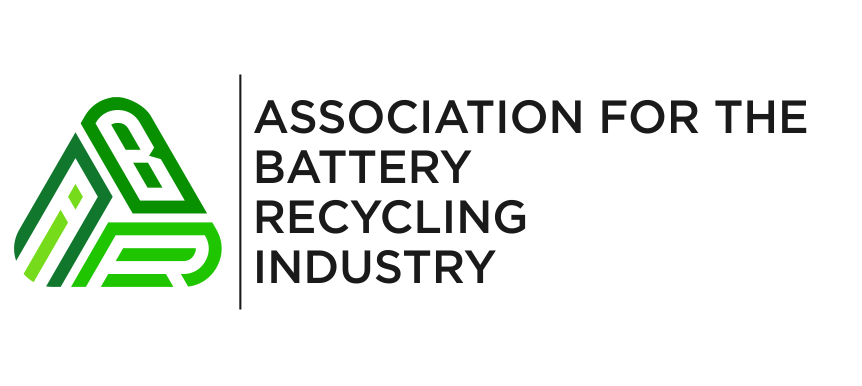BATTERY RECYCLING INDUSTRY BACKS CONSUMER WATCHDOG’S REPORT
6 October 2023 - The Australian battery recycling industry has thrown its support behind the federal consumer watchdog’s report on product safety for lithium-ion (Li-on) batteries, but says now is the time to act as the world changes rapidly to a net zero, circular economy.
Australian Battery Recycling Industry (ABRI) says it strongly supports the Australian Competition and Consumer Commission’s report – Lithium-ion Batteries and Consumer Product Safety, including the recommendation that there is a need to improve, expand and standardise data collection practices around the hazards posed by consumer Li-ion batteries.
ABRI Chief Executive Officer Katharine Hole said: “Concrete steps need to be taken urgently and we look forward to the Federal Government’s response to the issues raised in the report.”
According to the ACCC report – rechargeable lithium-ion (Li-ion) batteries are the most widespread portable energy storage solution globally.
They are used in a wide range of consumer products including:
personal devices such as mobile phones, tablets, laptops
household appliances, such as cordless vacuum cleaners and electric toothbrushes, and tools
personal transportation devices such as e-bikes and e-scooters
toys
camping and recreational equipment
Products that are cordless and produce light, make a noise and/or can be controlled remotely are more than likely to contain a battery. Another sign that a product will have a battery is if its rechargeable.
The ACCC is concerned by the limited but increasing number of incidents involving Li-ion batteries, which can have catastrophic consequences.
“Some Li-ion incidents have caused house fires resulting in serious injuries and property damage. Other incidents arising from Li-ion battery failure include burns, chemical exposure and smoke inhalation,” the report says.
The report recommends better data collection on incidents.
Ms Hole said this recommendation was important for learning and safety for everyone in the battery value chain.
“It’s also important for risk management and understanding which products pose the greatest risk,” Ms Hole said.
The report also highlights the need for a coordinated approach, from government and industry, for battery disposal and recycling. It recommends the Australian Government and industry should continue to develop infrastructure, regulation and supporting policies to enable the safe and efficient collection and recycling of Li-ion batteries.
ABRI is working with Associate Professor Pennelope Crossley of Sydney University Law School to support this recommendation and look at the fit for purpose regulatory framework for lithium batteries.
“Batteries are recyclable and have high resource recovery rates of 95% and above – this means they can readily be turned into raw materials for new batteries or other products,” Ms Hole said.
Ms Hole said batteries should not go to landfill or in any household waste recycling service.
“Batteries in waste services are proven to cause fires in garbage trucks, at recycling facilities and in landfill,” Ms Hole said.
“Critical minerals are recovered from lithium batteries including lithium, nickel and cobalt for use in new batteries and electronics, while commodity grade copper and zinc is recovered from alkaline batteries.”
Ms Hole said the demand for recycled battery material will grow as more countries mandate minimum recycled content in batteries and companies meet corporate sustainability goals.
